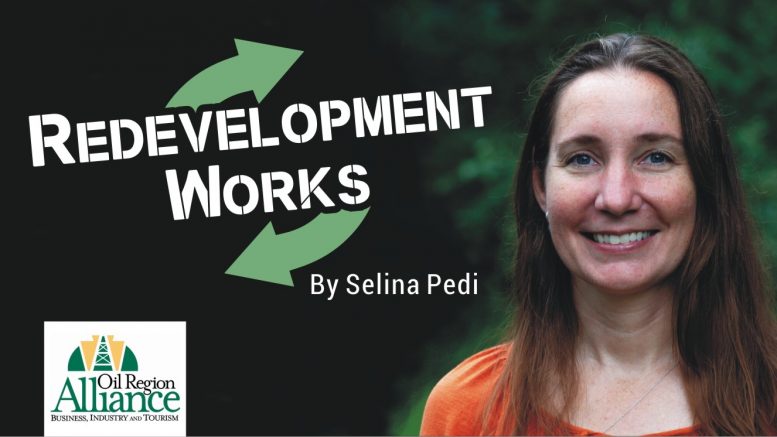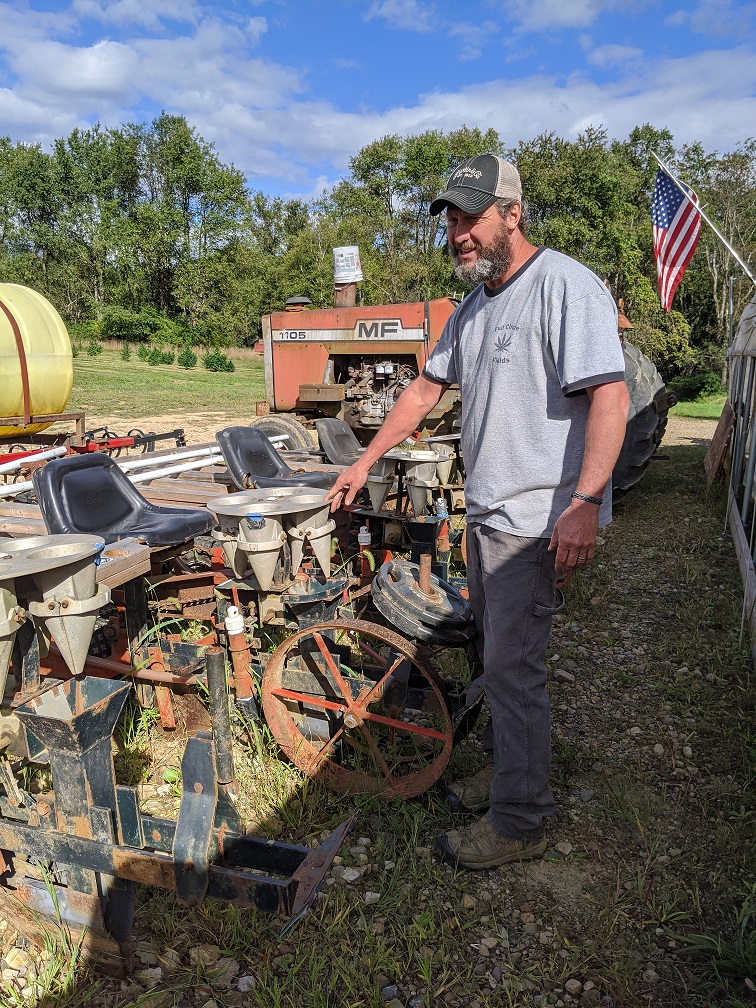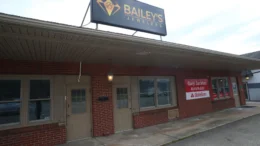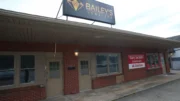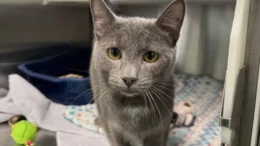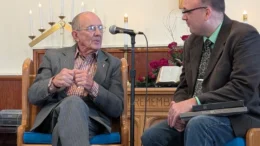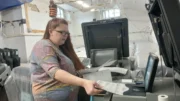“Oh, absolutely. You have to cooperate. Everyone succeeds when everyone works together.”
I was struck by the simple sincerity with which Lee Ralph, owner of Full Circle Fields, uttered these words. I had asked what he thought of creating a local co-op for hemp farmers, and his response hit home. Coming from someone sitting in an office or standing in a conference room, talk of the importance of cooperation can feel like so much wasted breath. Coming from Lee, standing in a field on the Makuch family farm, scarred boots and battered jeans covered in dust, talk of the importance of cooperation felt… real. Honest. The plain truth. We all succeed when we work together.
I had a similar gut feeling when Joe Gibson explained his views on adaptability, how life was one long process of figuring out what to do next. I even joked that he could have been reading a page out of Redevelopment 101. For both Joe and Lee, though, and many others like them, the tenets of redevelopment aren’t textbook fluff. They’re the simple truth of succeeding in rural America.
So, it was with no small amount of excitement that Lee and I began discussing what a hemp co-op could look like in our corner of Pennsylvania. There’s certainly no shortage of potential. The fiber of hemp stalks, for example, can be used for everything from rope and cloth to paper to animal bedding and mulch to hempcrete – even 3D printing filament! – depending on how it’s processed. Then there are the buds, leaves, and seeds, which are used for medicinal CBD oil and highly-nutritious food for both humans and livestock. Every part of the plant has a use, which means it can be a truly zero-waste crop.
With so much potential, it could be easy to get overwhelmed, so I asked Lee what the most crucial first step would be to develop a co-op and nurture the local hemp industry. For him, it’s all about the oil, so having a local lab that could extract the oil from his plants would be ideal. He explained that there are labs around the state, but none close by, so it can take a while to get your plants processed. After processing you need a buyer, of course. Having help with outreach, marketing, and logistics can mean the difference between a profitable harvest or a crop slowly rotting in storage. Jeff Fowler, the Penn State Extension Educator for hemp in Venango County, noted public awareness and marketing of CBD as a key factor to success for the industry.
Processing facilities for oil and fiber, storage, marketing, logistics… the necessary pieces of a local industry are starting to line up. The next steps for redevelopment are to work with folks like Lee and Jeff and the Clarion SBDC to develop business plans, establish the necessary connections, and encourage investment in this resilient and sustainable agricultural industry.
If you are a farmer or processor interested in the idea of local hemp co-op, please get in touch. We all succeed when we work together!
Selina Pedi is the Oil Region Alliance redevelopment manager. She can be reached by email at spedi@oilregion.org.

